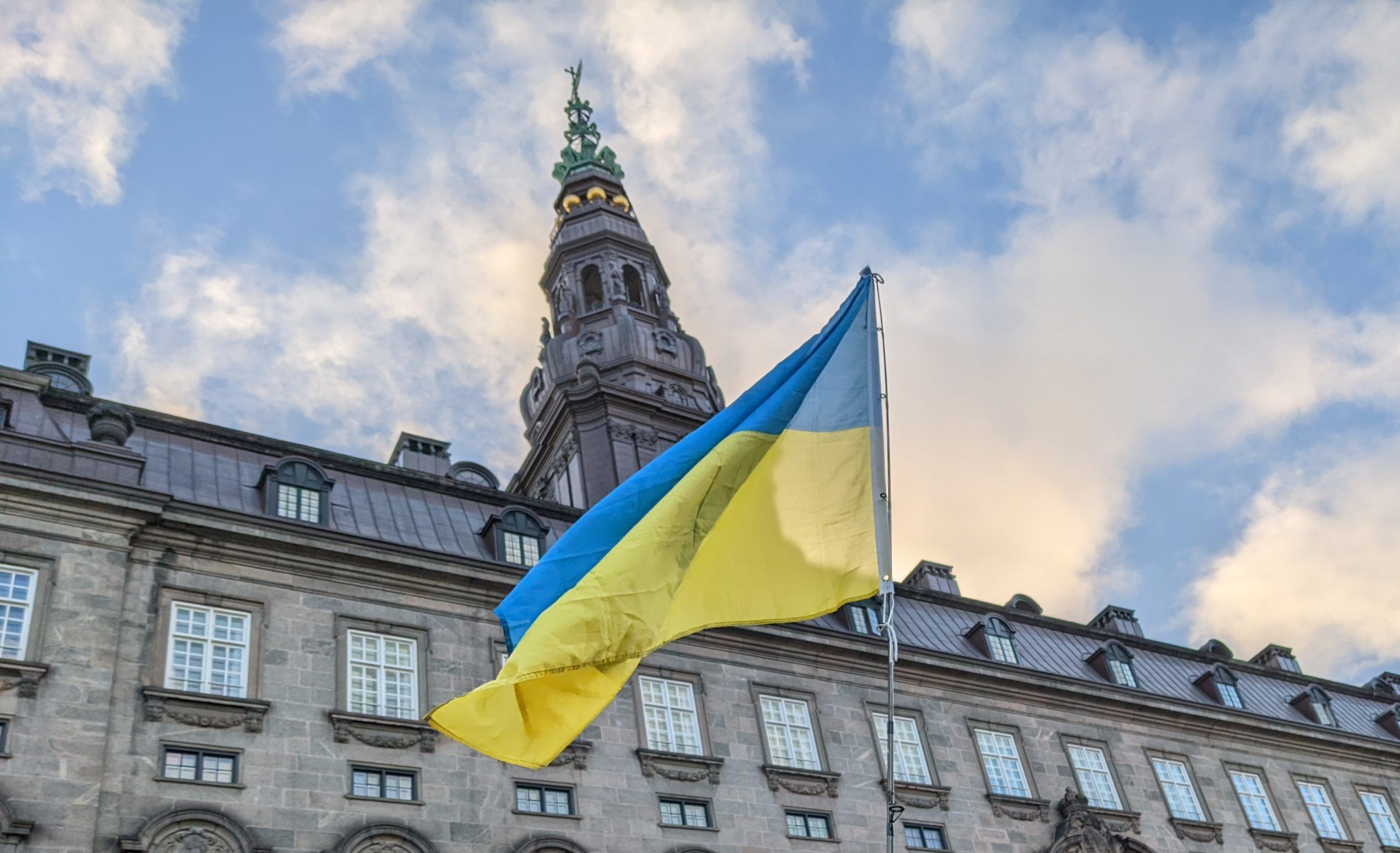Once again war in Europe has the potential to overthrow the existing world order; naked Russian aggression has caught most, if not all, western leaders by surprise. Now, with the benefit of hindsight, we acknowledge that the signs were actually there, but we conveniently chose to ignore them believing we basically understood the rationale behind the actions of the Russian leader. We obviously didn´t.
Putin was also short-sighted
But President Putin obviously made some serious miscalculations too. He clearly did not anticipate the stiff Ukrainian resistance or the West´s united willingness to severely sanction Russia and support Ukraine with almost everything short of an article 5 commitment, which would be the equivalent of a declaration of war pitching Russia and NATO forces against each other.
He clearly did not foresee that his military aggression could push Sweden and perhaps even Finland into the open arms of NATO-membership, which would be contrary to Soviet/Russian foreign policy goals since NATO was established in 1949.
He clearly did not foresee the tectonic shift in German foreign and security policy announced by Chancellor Olaf Scholz, who not only pulled the plug on the Nord Stream 2 pipeline, which Putin hadn´t expected either, but also promised to invest 100 billion euros in a special fund to modernise the country’s military and boost annual defence spending annually to more than 2 percent of the GDP.
What we can do as Europeans
I truly believe these measures are an appropriate and necessary response in the short run. If we desert Ukraine, we desert Europe. Putin has clearly demonstrated that the only language he respects is the language of military power. Putin has clearly crossed the point of no return and although international diplomacy is unpredictable, he will probably be considered a pariah of international politics for the remainder of his political life.
The sad fact is, however, that European Union’s member states will not be able to build up a credible military deterrent anytime soon and, in any case, nuclear-armed Russia is not Serbia or Iraq where western (US) forces can realistically aspire to catch the dictator and bring him to trial.
To build up military capability takes time, and we don´t know for how long Ukraine will be able to keep up the fight – even with massive western military and financial support. For the time being, our strengths as Europeans lie elsewhere. The question we Europeans should ask ourselves is: how we, militarily impotent as we are, can actually influence – read shorten – the duration of the war and, as they seem to be inextricably linked, Putin´s presidency?
Appealing directly to the Russian people
One thing to consider in parallel with the sanctions and military and financial support for Ukraine, but before all these actions are actually carried out, could be to present the Russian people – not the Russian president – with a much better deal!
In exchange for a stop to the war, a change of leadership and free elections, we could and should pledge to invest heavily in a new peaceful and democratic Russia. Despite about 20 years of Putin propaganda, the Russians are not all hardcore nationalists eager to re-enact the Cold War and with a narrow-minded focus on restoring ‘Russian glory’. The Russians are an oppressed people led by a kleptocratic dictator who has used brute force and swindling ways to castrate Russia’s democratic institution to stay in power.
To do so and send such a signal to the Russian people would indeed be a risky business, immensely expensive and no easy task. We would effectively incentivise yet another Russian revolution with all the geopolitical uncertainties involved. We would have to diversify funding from national welfare, compromise other important political agendas and invest heavily in Russia to stabilise the country and firmly anchor democracy – not unlike the situation in post-WW2 West Germany.
Listen to the Englishman in New York!
But it would be a very attractive alternative to war and massive rearmament and potentially the European Union’s finest hour.
After all, war would be such an ignorant thing to do if the Russians love their children too, as the singer Sting pointed out in the 1980s when I was a teenager.


